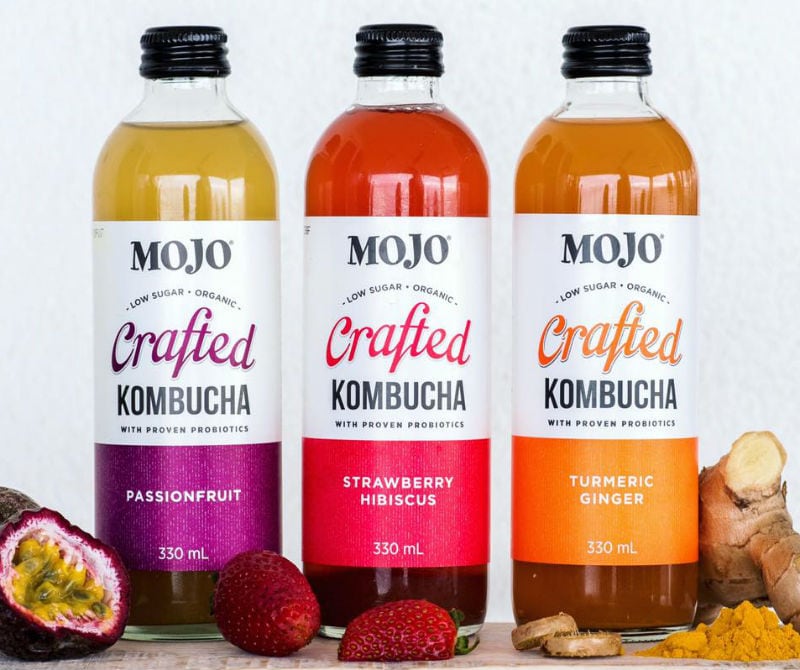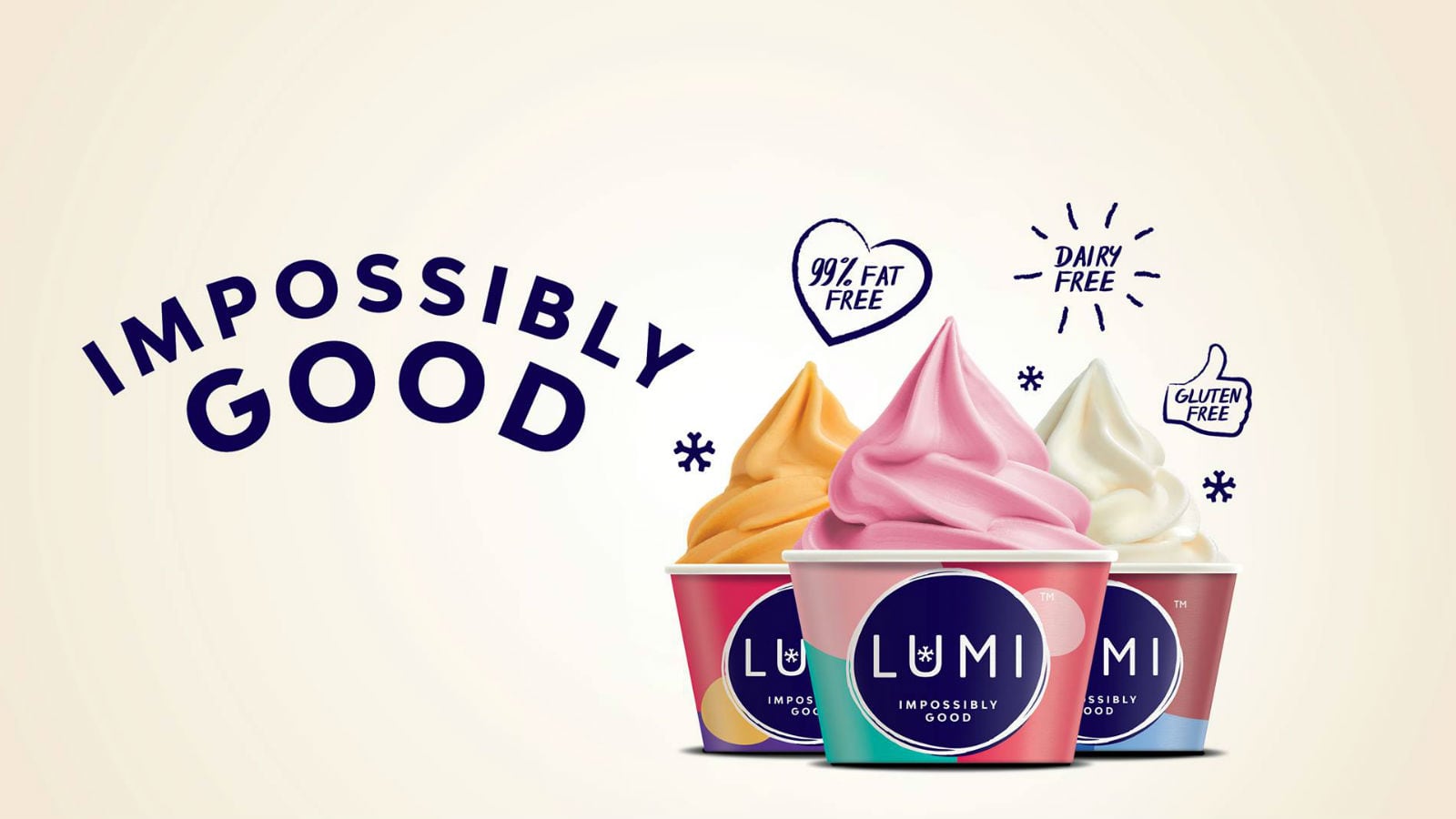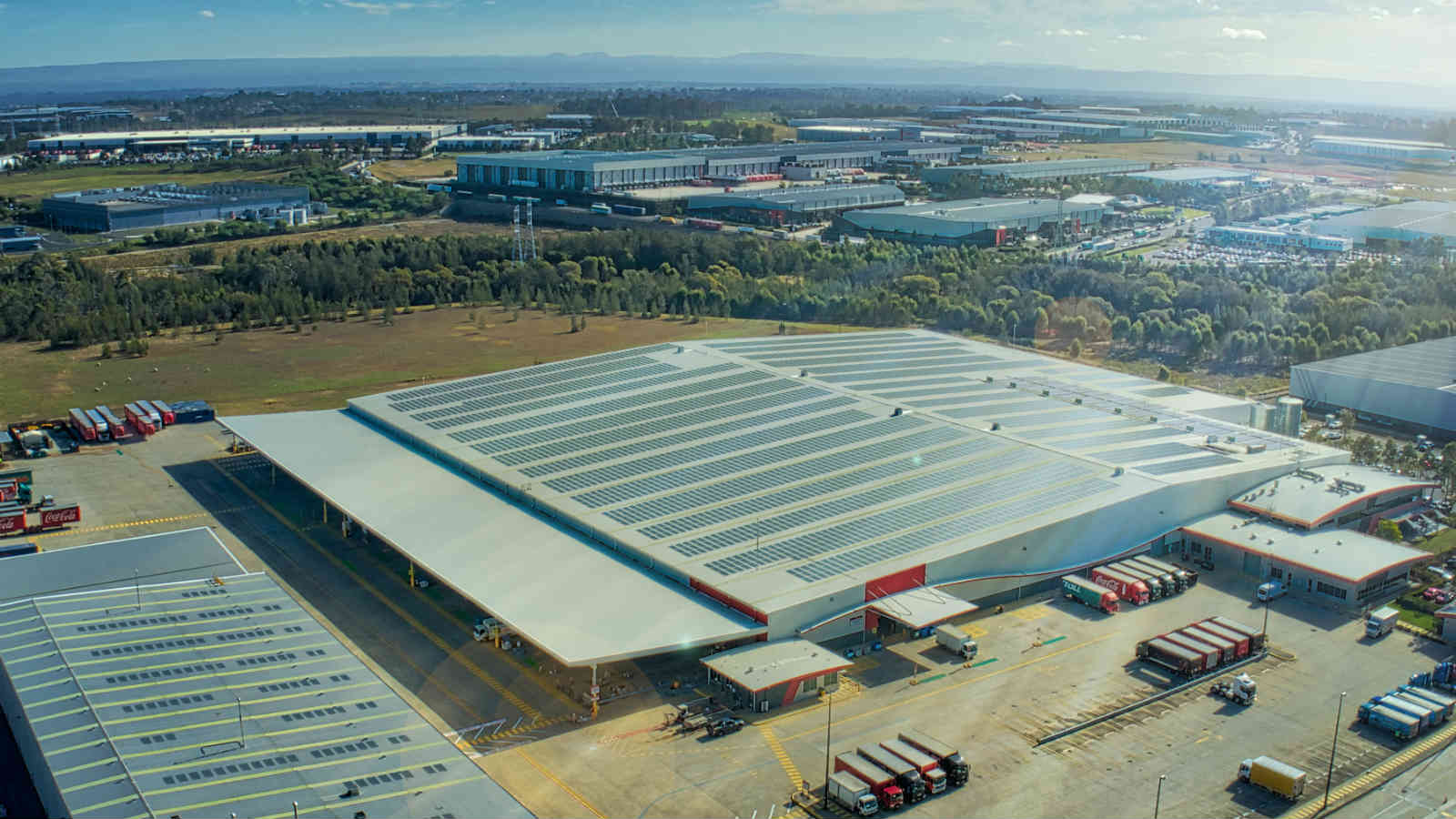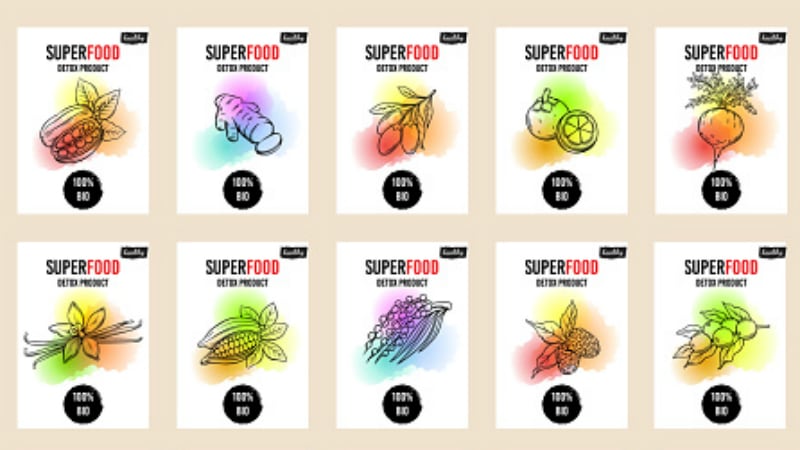Speaking at the recent Naturally Good Business Summit 2019 in Sydney, Andrew Buttery, Director of Sales and Marketing at Organic and Raw Trading Co. which owns the MOJO brand, said that the company was a pioneer in the country’s kombucha category, and had evolved from ‘very humble beginnings’.
“[MOJO co-founder and CEO] Anthony Crabb started the company out of a shed in his backyard, and worked with microbiologists to scale up development and maintain the kombucha consistency from one batch to another,” said Buttery.
“He dedicated himself wholly to trying to create the kombucha category in Australia – back then in the mid-2000s, it had emerged in the United States already but not yet here.
“I think it’s fair to say that he’s a pioneer for the category, as we were the first to commercially put kombucha out in the market.”
MOJO started off as a more niche, specialty brand, focusing in the health and organic channels before making the move to break into mainstream grocery.
“That was absolutely critical to the MOJO success, as it provided a platform for the growth of the brand and enabled us to take the business to the next level, [where we realized] mainstream grocery [was a logical next step] in order to make the product more available to consumers,” Buttery added.
Managing huge growth and success – the learning points
Buttery also emphasized that the MOJO business model is a very ‘hands-on’ one, and closely followed Crabb’s motto that ‘sales solves all problems’.
“[The key things here for small businesses to take away are that] you need to know everything about the business [to handle the accompanying changes], and it is equally important to be prepared to take yourself out of your comfort zone and broaden your skillset,” he said.
As for key reasons leading to success, the company’s unwavering commitment to authenticity was cited as the main basis for its accomplishments.
“We don’t use any artificial sweeteners, and we only use real fruit and a traditional fermentation process – these things formed an important foundation that made the business ripe for acquisition [by Coca-Cola last year],” added Buttery.
“We had opportunities to deviate from that path, but we chose to stick to the core principles of kombucha brewing.”
He added that in the United States’ US$8bn kombucha market, most of the available products are also traditionally brewed and few use artificial sweeteners ‘apart from one major brand’.
However, the kombucha trend in Australia has evolved differently, such that ‘a number of significant players’ locally have taken to going down the artificial sweeteners or low sugar paths.
“This has changed consumer perception of kombucha – many do not understand what real, traditional kombucha actually is,” he said.
Handling change and acquisition
MOJO Kombucha was acquired by Coca-Cola Australia in September last year. Although neither party revealed the value of acquisition, Coca-Cola Australia President Vamsi Mohan said via an official statement that the goal was to bring the product to more consumers and make it available in more places nationwide.
“Consumers will be able to see the same great MOJO products on more store shelves,” said Mohan.
Crabb and Buttery retained their previous positions at the company, and maintained that the business is ‘still being run like before’, but the acquisition still brought about various changes and challenges such as consumers feeling that they had ‘sold themselves out’.
“It’s a constant challenge. [To handle this, we now have] two ranges for our product – the classic, small batch fermentation range from before, and now we’ve introduced a crafted range for retail in the mainstream grocery channel,” said Buttery.
“When working with mainstream grocery, which works with significantly higher volumes across many outlets, better buying prices are expected out of you, [so] it’s a constant balancing act to support both the health and organic channel, as well as the grocery channel.”
MOJO will be launching several new products into the market within the next six to eight months. Although Buttery remained coy about the details, he revealed that the main aim was to continue to build the kombucha category in Australia.
“The category is currently worth around US$106mn in terms of recorded value, but unrecorded could likely reach up to some US$200mn,” he said.
“It is growing at triple digits here, whereas the United States market, which is eight years ahead, has slowed to around 22% growth, so we still see incredible opportunities here.”





